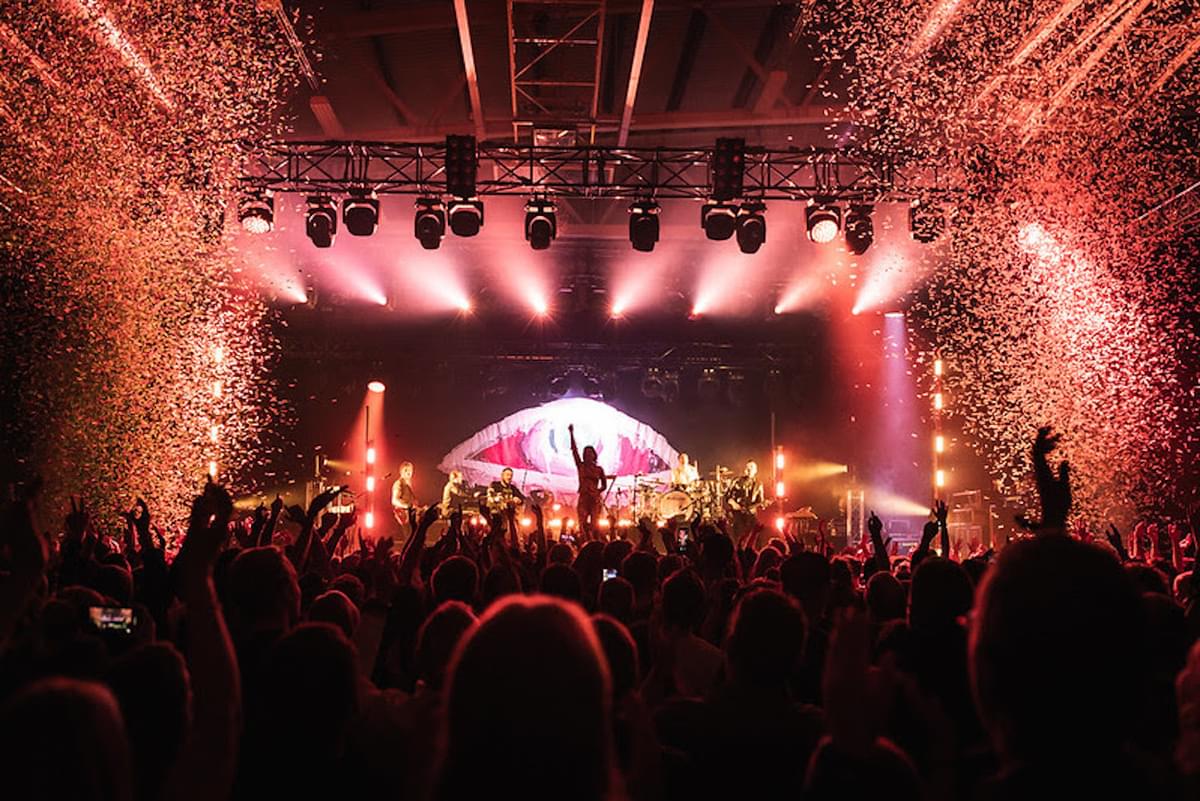Marty Friedman is set to release his anticipated autobiography, Dreaming Japanese, on December 3 through Permuted Press. Those eager to learn more about Friedman’s time with Megadeth, as well as his early days in Hawaii and Cacophony, will find plenty of answers within its pages.
Speaking on the Talk Louder podcast with Metal Dave Glessner and Jason McMaster, Friedman reflected fondly on his time in Megadeth, expressing deep gratitude for the opportunity to be part of the band that launched him into the heart of the music industry (as transcribed by Blabbermouth): "I am incredibly proud of all of that time in Megadeth, what we did. What Megadeth did for my career, was absolutely my first step into the real world of the music business, and how incredibly grateful I am for that opportunity. There's absolutely no sourness related to Megadeth at all. There are absolutely no negative feelings and none of that. So there's no kind of bashing; there's no negativity. There's just truth."
"All the things are exactly from my eyes, how it happened, how I wrote it. I was completely clean and sober the entire time I was in the band. I didn't even drink a beer. When I was, like, 14, 15, and 16, I was a maniac. I lived three lifetimes of doing all the drugs, all the drinking, all the partying, all the rock-star shit in my first band Deuce. I did so much of that, and there was something that made me just stop cold turkey right there, which is a long story, which I got into. But by the time I was in Megadeth, I was straight edge way before straight edge was even a term. So, I remember all that stuff with clarity and great appreciation."
Friedman is also eager to correct any misconceptions fans may have regarding his feelings about his Megadeth era. He emphasized: "People read things on the Internet, and I would hate for people to think that I have any negative feelings towards that era because it's absolutely not true. Some of my favorite music that I've made in my career was done in that period of time, so I really enjoyed outlining exactly the process, how all that music got created, how it got made, and how it got put down to tape. It was a definite process, and it was a process that was only — only Megadeth did this one process. In all the projects and bands and artists I've worked with and all the albums I've made on my own, before and since, Megadeth had a unique process of making music, and I got into great detail about what that meant to me and how it worked for me and all that stuff."
"I think there's a lot of unanswered Megadeth questions and there's a lot of unanswered Hawaii questions and Cacophony questions. Not too many people ask the Hawaii questions, though, but they're all answered in there, because I think it's important, in a book like this, to really expose everything about the person — whatever era of my career someone might be interested in, I think it's important to know everything that got you to that point. So there's all the details of my first band, Deuce, and then the Hawaiian Vixen and all that stuff and Cacophony and, of course, Megadeth,” Friedman explained.
“I think people are gonna be really genuinely surprised at the clarity of detail in the Megadeth times because it's not something that I've talked about since I left the band. And the stuff that I did talk about while I was in the band was very much kind of promotional, talking about the guitar parts and talking about, 'We're touring this part of the world now.' It was very promotional interviews and stuff like that, but very rarely, if ever — probably never — on a personal level at all. So I think people are gonna enjoy reading that. And then, of course, everything that happened after that. 'Cause my life has just done a complete 180 after that, and all the Japanese stuff. I think it's gonna open up a lot of people's eyes. But back to Megadeth, I think people, they're gonna really enjoy it. I think it's gonna be a very pleasant read for them, because they're gonna [go], like, 'Oh, I didn't know that, 'Oh, I didn't know this,' Just a lot of things that don't get talked about and that I really never had an opportunity to bring to light. A lot of good things."
Want More Metal? Subscribe To Our Daily Newsletter
Enter your information below to get a daily update with all of our headlines and receive The Orchard Metal newsletter.

 1 month ago
49
1 month ago
49


















 English (US) ·
English (US) ·